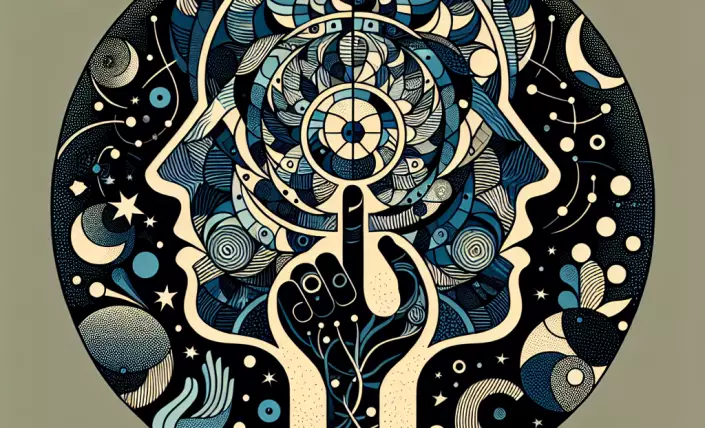In a world increasingly dominated by centralized control and planning, the notion of individual freedom often finds itself under siege. This tension between freedom and control is not merely a political or economic issue; it rests at the very core of what it means to be human. Friedrich Hayek, a profound thinker of the 20th century, offers a compelling philosophical perspective on this tension, inviting us to reflect on the nature of freedom and its implications for our lives.
Hayek's exploration of freedom is deeply rooted in the idea of spontaneous order, a concept that suggests that complex systems can arise without central direction. When applied to human societies, this notion challenges the assumption that order must be imposed through deliberate design. Hayek argues that the free market, as a prime example, functions as a spontaneous order where individual actions, guided by personal knowledge and preferences, create an organic and efficient system of resource allocation. This perspective prompts us to consider whether our quest for security through control might be paradoxically undermining the very freedom we seek to protect.
Reflecting on this, one might question the extent to which our lives are orchestrated by external forces versus the spontaneous outcomes of countless individual decisions. In personal terms, this raises profound questions about autonomy and the illusion of control. Are we genuinely autonomous agents, or are our choices subtly shaped by the broader systems in which we operate? Hayek's philosophy encourages a reevaluation of the role of uncertainty and unpredictability in our lives. By embracing the inherent unpredictability of spontaneous order, we might find a deeper sense of freedom, one that acknowledges the limits of control and the creative potential of the unknown. This shift in perspective can lead to a more resilient and adaptive approach to personal growth, where the acceptance of uncertainty becomes a source of strength rather than a threat to our freedom.










